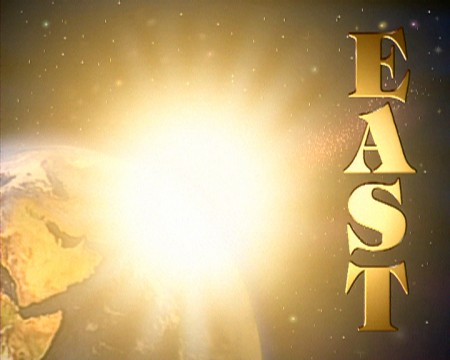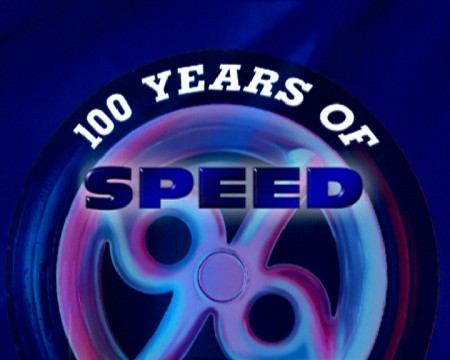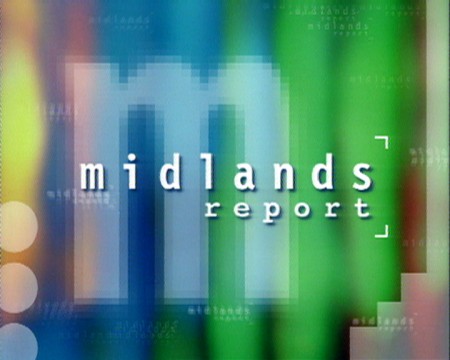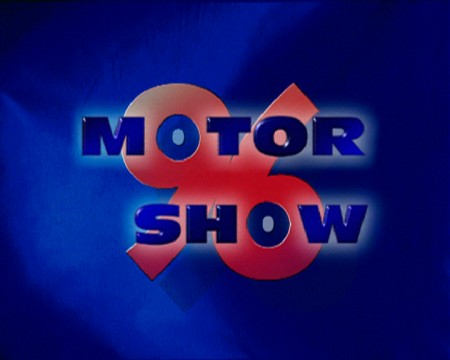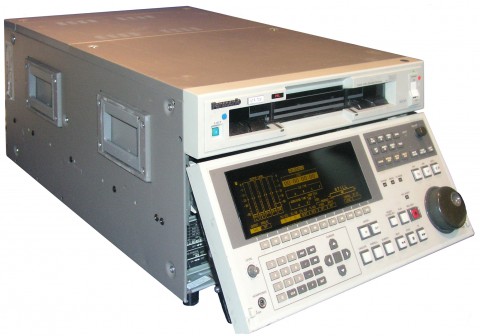Copyright resides with the original holder, no reproduction without permission.
East was a topical factual magazine show about Asian affairs, with reports from Britain and abroad. It went out on BBC 2 between 1990 and 2002.
The series tended to go our weekly in the spring or summer, in runs varying between 6 and 10 episodes.
Thanks to VT editor, Ian Collins, for making this grab available.
The following comments were added on the Pebble Mill Facebook group:
Peter Poole: ‘I often worked on the Studio B recordings. The music sessions ranged from traditional to electro-pop. A very interesting and enjoyable experience.’
Matthew Sly: ‘I did Audience Security when it was Network East, always found it very enjoyable.’
Dawn Trotman: ‘It was experimental as an editor they pretty much let you do what inspired you. Oh I yearn for those days.’
Lynn Cullimore: ‘Yes, I worked in what was known as The Asian Unit. I enjoyed it and i remember we never went without food! I wonder what happened to Nahrendra.’
